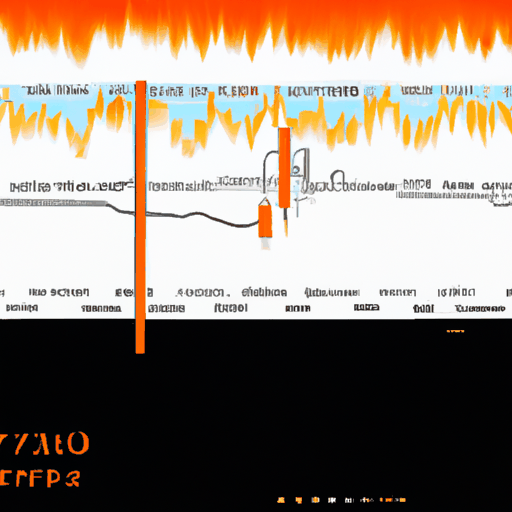
Lido's Community Stake and the Impact of OTC Token Deals
By: Eva Baxter
Lido Finance is launching a new initiative on the Ethereum mainnet, dubbed Identified Community Staker (ICS) applications, which aims to provide prioritized staking opportunities for verified individuals. This new system leverages a points model across experience, engagement, and humanity criteria. Participants need at least 15 points across these categories to access better staking terms within Lido's Community Staking Module (CSM). The Lido team highlights that ICS aims to bolster the participation of independent operators following a previous influx of registrations from larger entities when staking became permissionless early this year. Operators who pass the ICS review process can anticipate benefits like a 6% reward share on the first 16 keys and adjusted performance parameters. According to Lido, the proof of identification framework will play a crucial role in this process by verifying credentials through blockchain-related databases and applications like EthStaker and StakeCat.
The ICS process, which remains open to all through its official Lido Finance site, includes verification through platforms such as Human Passport and Circles. These platforms boast over 2.2 million users and are integral to expanding the cohort of stakers with a verified identity. Lido emphasizes that while ICS offers added benefits, the CSM remains permissionless. Hence, applicants denied through ICS can opt to participate via the general path. Lido’s eventual goal is to increase the community staking share and broaden opportunities for community stakers.
Meanwhile, the realm of token trading presents contrasting challenges, especially for retail investors. A recent analysis reveals how private over-the-counter (OTC) token deals favor funds by offering discounted token allocations, heightening challenges for uninformed retail traders who face pressure from concealed sell-offs. According to insights from market maker Enflux, venture capitalists and institutional investors frequently acquire tokens at a substantial discount—often around 30%—with a vesting period of three to four months. These entities secure profits by hedging their positions in futures markets, accumulating returns as high as 60% to 120% per annum, irrespective of token price fluctuations.
This practice raises concerns about transparency and fairness in the crypto market, as retail traders may face market dynamics skewed by these hidden strategies. The implications urge stakeholders to reassess existing market structures and advocate for greater transparency, ensuring a more equitable landscape for all users. As both Lido's new initiatives and the OTC token industry evolve, industry stakeholders continue to monitor these developments to identify potential impacts on market dynamics and participant equity.



